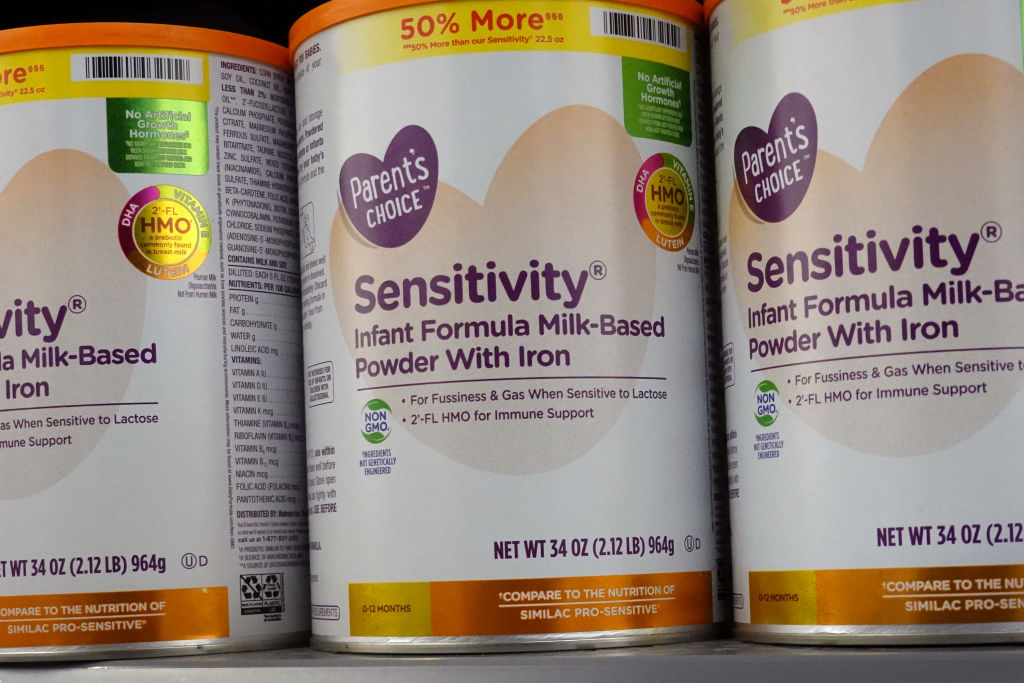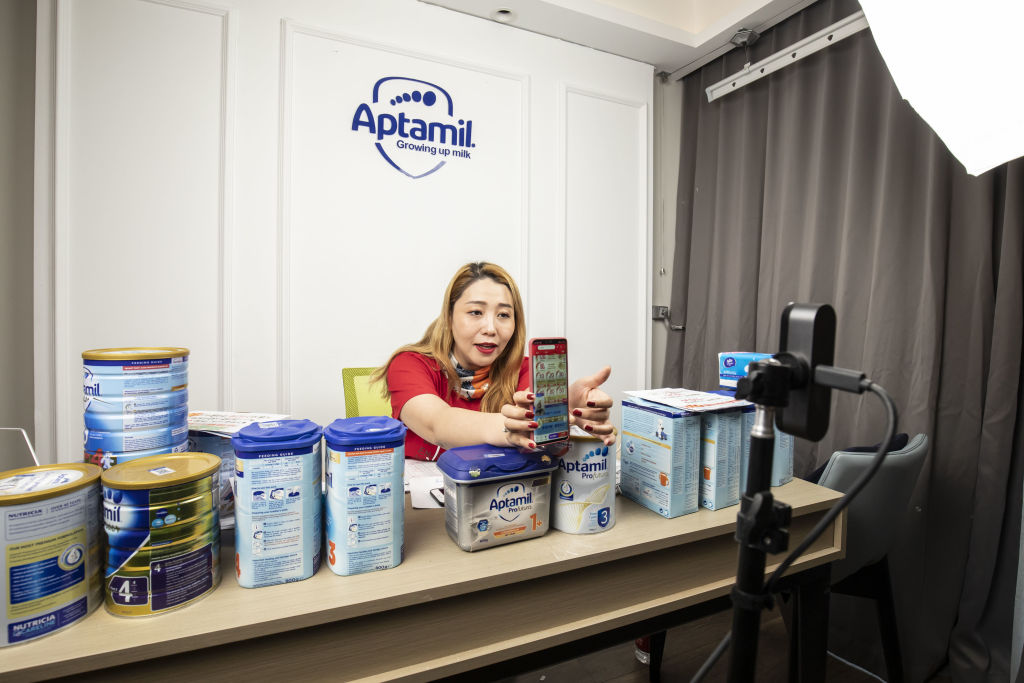
Infant-formula makers use social media and influencers to target women and boost sales, undermining efforts to increase breastfeeding rates, according to a new study by the World Health Organization.
Companies use personalized content through apps, paid influencers and advice forums to reach consumers, the WHO report said, adding these are often not recognizable as advertising.
The results build on the WHO’s largest ever study on infant formula marketing, and come at a challenging time for infant-formula makers. The pandemic has led to lower birth rates just as competition from local rivals has become more intense in key market China. Nestle SA, for example, has been trying to revive the business in that market, while Reckitt Benckiser Group Plc has started a sale of its baby nutrition business after exiting China last year.
The report analyzed 4 million social media posts about infant feeding published in the six months through June last year. The posts reached almost 2.5 billion people, according to the report. It found that firms selling formula uploaded content around 90 times per day, reaching 229 million users — three times as many people as are reached by informational posts about breastfeeding from non-commercial accounts.

“This pervasive marketing is increasing purchases of breast-milk substitutes and therefore dissuading mothers from breastfeeding exclusively,” the report said.
The marketing practices of infant-formula companies vary widely, Marie Chantal Messier, Nestle’s head of food and industry affairs, said following the publication of WHO’s initial report in February. The Swiss company doesn’t promote formula for babies up to 12 months in 163 countries, and will voluntarily stop promoting formula for infants up to six months around the globe by the end of the year, she said.
“Danone encourages maternal breastfeeding and even encourages the WHO recommendations, as one of the first companies to also stop advertising products from 0 to six months,” CEO Antoine de Saint-Affrique said at the company’s AGM earlier this week. He said Danone is “extremely responsible in its approach.”
More Must-Reads from TIME
- Cybersecurity Experts Are Sounding the Alarm on DOGE
- Meet the 2025 Women of the Year
- The Harsh Truth About Disability Inclusion
- Why Do More Young Adults Have Cancer?
- Colman Domingo Leads With Radical Love
- How to Get Better at Doing Things Alone
- Michelle Zauner Stares Down the Darkness
Contact us at letters@time.com